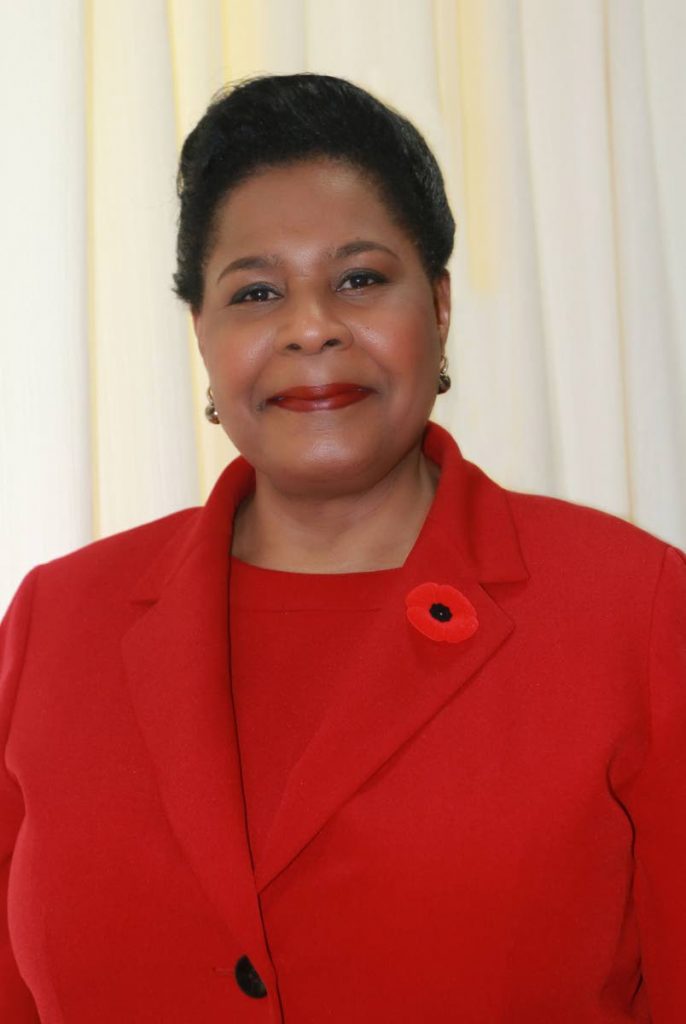President: Time to address mental health stigma

President Paula-Mae Weekes has said it was time to rethink mental health, address its harmful misconceptions and stigmas and commit to the enhancement and development of mental health systems and services.
In a message acknowledging World Mental Health Day which is observed on October 10, she said many people in TT, remained hesitant to seek assessment and treatment due to social stigmas.
The Ministry of Health, Weekes said has taken note of the seriousness of mental health and its growing problems and, while it was difficult, urged for conversations that will demystify and destigmatise mental health to allow people to seek help or support others in need of treatment.
She called on individuals and society at large to reject social taboos which hamper the diagnosis and care of mental health problems and to promote, protect and take care of mental health issues.
“Many people who need mental health care do not seek or receive it because of biases and misunderstandings about what care entails, and as a result, their mental health problems go undiagnosed and untreated.
“Good mental health was more than just the absence of mental disorders or disabilities; it is a state of well-being in which an individual realises his or her own abilities, can cope with the normal stresses of life, can work productively and is able to make a contribution to his or her community.”
Additionally, the covid19 pandemic had its toll on society, she said, and the provision of services for treatment has also been disrupted due to the pandemic restrictions.
Mental health problems ranged from everyday worries to serious long-term conditions and, according to the United Nations, can be exacerbated by crisis and adversity, which contribute to short and long-term problems, she explained.
“The covid19 pandemic has had a deleterious effect on mental health that cannot be overstated. Job and income loss, interruption of education and academic goals, social isolation, fear of contracting the virus, bereavement and the overall uncertainty surrounding the pandemic have caused many people to experience stress, anxiety and depression.
“Despite the heavy toll and far-reaching effects of poor mental health, there remains an undeniable and yawning gap between demand for mental health services and their supply, due largely to underinvestment in mental health infrastructure.”
Weekes pointed out that the World Health Organization (WHO) has estimated the global economy lost nearly US$1 trillion in productivity due to depression and anxiety.
To find out more information on mental health care, people may contact the mental health unit of the Ministry of Health, at 285-9126 extension 2573 or email mentalhealth@health.gov.tt


Comments
"President: Time to address mental health stigma"